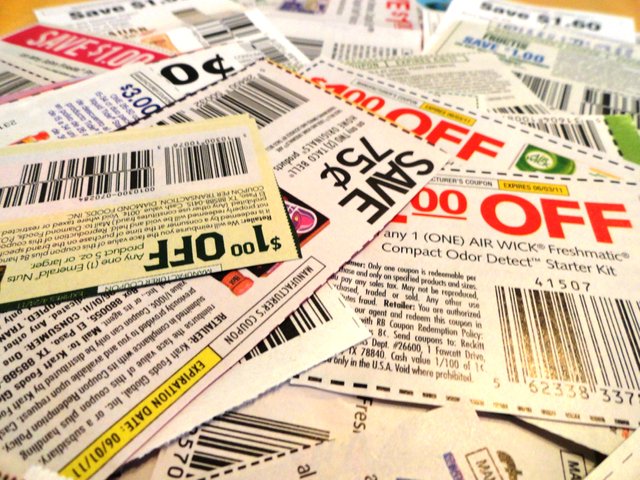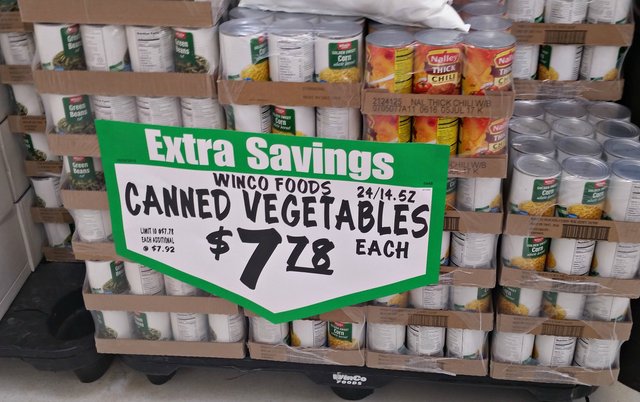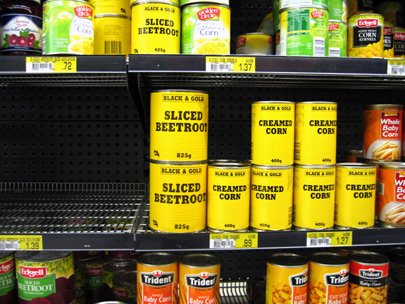Budget Prepping 101

There are several ways to carve out a few bucks each week to put toward preparedness items. Any unnecessary thing you do such as smoking, drinking, or recreational drug use, can be trimmed down and then completely eliminated from your budget. This will save you tons of money and improve your health.
Instead of going to Starbucks for $7 coffee, make your own before you leave your house in the morning!

Making your lunch and taking it with you is far more cost efficient than eating out every day and you will be healthier doing it. Do you really need those expensive tanning salon and annual golf course memberships? Look at what you spend, as well as what you spend it on, and I am sure you will find ways to trim a few bucks here and there.

Another somewhat outdated concept these days is the use of coupons. As a young man living on my own I used to work at a newspaper and we would print coupons in every Wednesday edition of the newspaper. I would always go thru the paper and cut out coupons for everything under the sun because it allowed me to buy things for less, making my paycheck go further. You can still do this today, and every dime you save on an item can be funneled into your preparedness plans.

Allocating your resources
Once you have carved out some funds for survival preps you need to make a plan on where to invest them. We recommend having categories such as self-defense, food, water, bug out supplies, firearms/ammunition, transportation, communication, first aid supplies, clothing, and barter.

We also preach and believe in redundancy in our survival prep supplies so we layer our supplies. For example, starting a fire can be done using a wide variety of items; how many could you accomplish right now? Matches, lighter, flint and steel, magnifying glass? Same with every other aspect of your gear; look for ways to accomplish the same thing with different items and tools. Make sure that everyone has been outfitted with the base items first before you work on redundancy plans.
Change how you shop
When you go to the grocery store buy a couple extra cans of durable goods such as corn, green beans, or peas. They are relatively inexpensive and can be stored for long periods of time. Using this method, you can slowly increase the size of your pantry without depleting the family finances in the process.

Whenever possible, buy the house brand of something instead of the more expensive brand name. If you are going to buy groceries from a local establishment, rather than grow your own, then packaging should be immaterial.

Buy in bulk. Bulk purchases, when possible, will allow you to purchase a larger quantity of the same material for a lower cost per unit. You can then use these products yourself, or store them for barter.
Being Disciplined
Doing anything for a few weeks at a time will not get you anywhere, you have to stay the course, and remain committed. Attaining a level of self-reliance provides you the confidence of knowing that your family has taken all the necessary steps to ensure survival. The general consensus is that it takes about 3 weeks to make something a habit and about 6 months to make it a daily part of your life.

Do Something Daily
Do something every day. Plant something, harvest something, add something to your pantry, or try to learn something new. Knowledge is power, and the more you learn about the more you will be able to prepare for and deal with when the situation is critical.
Learn how to prepare and be come more self-reliant at: http://www.survivalist.com where you'll find free training, resources and more!
Resteemed
Thanks GoldMatters!